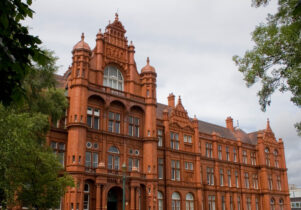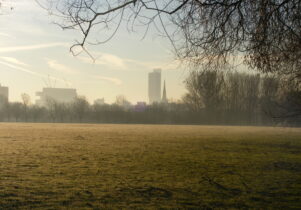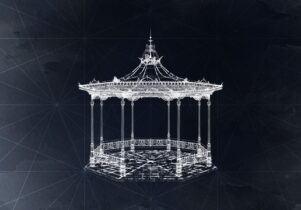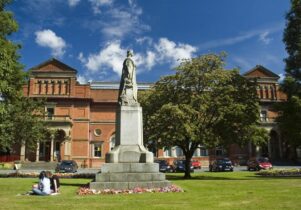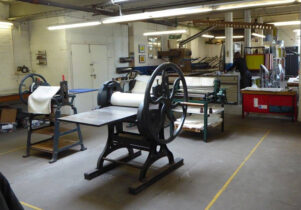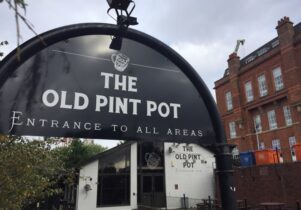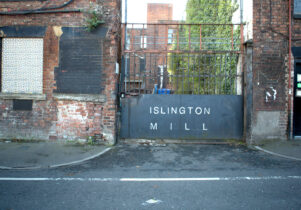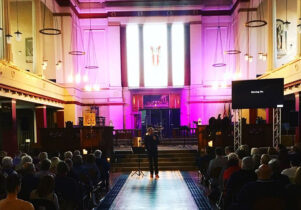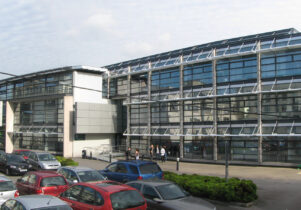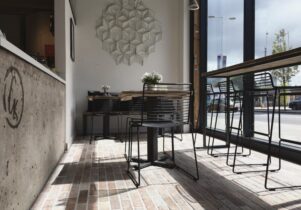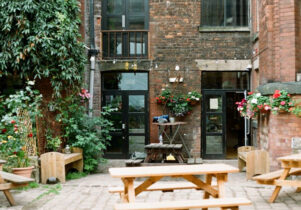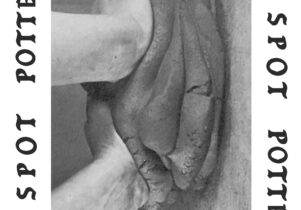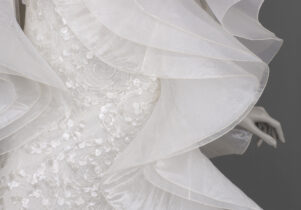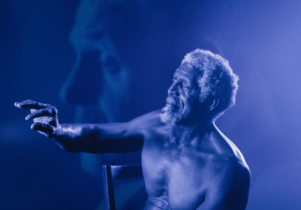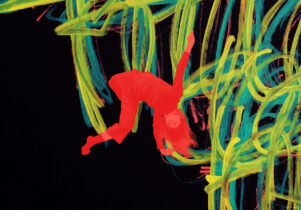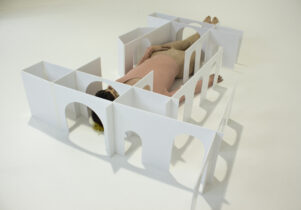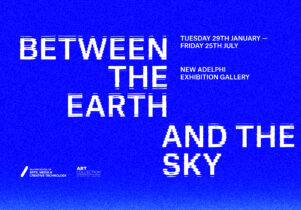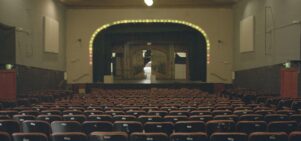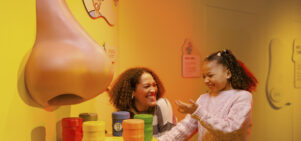The Life and Work of Marx and Engels at the Working Class Movement Library
Sara Jaspan, Exhibitions EditorVisit now
The Life and Work of Marx and Engels
Always double check opening hours with the venue before making a special visit.
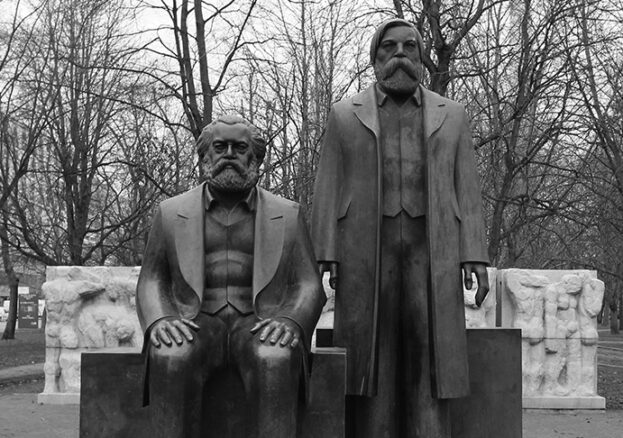
Is there a breath of communism in the air? Following the dramatic return of Manchester’s adopted-son and champion of the working classes, Friedrich Engels, to the city as part of Phil Collins’ MIF 2017 commission; an exhibition at the Working Class Movement Library in Salford explores the life, work and creative partnership between him and the other great founder of the radical movement, Karl Marx.
Manchester and Salford’s connection with Marx and Engels is deep. It was here, in both cities’ factories and slums, that the two German political thinkers drew many of their observations around the conditions of the working class that later formed the basis of the Communist Manifesto (1848). You can still visit the desk where they worked side-by-side at Chetham’s Library. And they were regulars at the Crescent Pub, just a few doors along from the WCML and now within spitting distance of a giant fibreglass statue of Engels that also doubles up as a climbing wall.
Engels claimed that he was happy to be the “second fiddle” to “so splendid a first fiddle as Marx.” Yet, as the exhibition points out, it’s hard to imagine how the remarkable body of revolutionary, philosophical and economic writings that the pair produced, could have emerged without Engels’ support.
2017 marks the 100-year anniversary of the Russian Revolution – the seismic landmark event in 20th century history, shaped by many of Marx and Engels’ ideas. You can find out more about the Russian Revolution through the lens of today as part of HOME Manchester’ Autumn/Winter Season.
As the exhibition asserts; in a world now riddled with the challenges of 21st century globalisation and mass consumerism – from increasing de-regulation of workers’ rights to rapid climate change – Marx and Engels remain as relevant as ever. And if Manchester is the radical city we think it is, we should pay attention to them.
The exhibition is open Wednesdays to Fridays 1-5pm, and the first Saturday of the month 10am-4pm.
